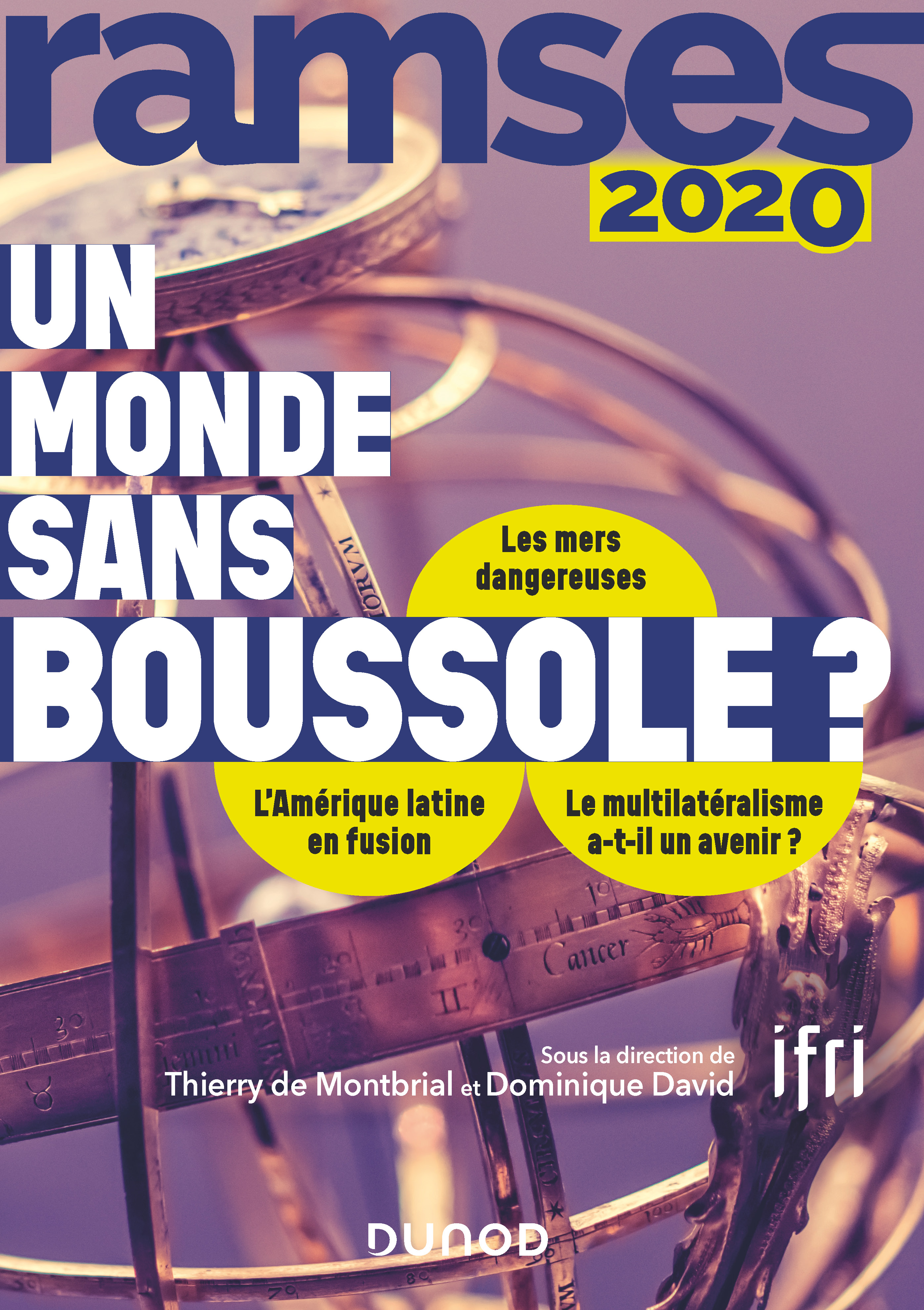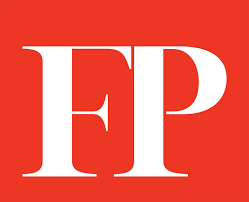Economy
The economy is an essential attribute of power and a major component of international relations. While geopolitical tensions are on the rise, economic interdependence remains strong.
Related Subjects

What Is Digital Power?
Digital power refers to any actor’s ability to exploit digital data to help influence the behavior of other actors on the international stage and to achieve its own ends. It is about understanding how it influences events in the real world, despite its “intangible” nature.
The Sanctions Policy of the European Union: Multilateral Ambitions Versus Power Politics
Restrictive measures are a major instrument of the European Union (EU)’s external action, which has emerged as one of the world’s leading sanctions emitters. The EU has thus leveraged the size of its market and its economic and financial clout (trade relations, aid policy and bilateral agreements).

RAMSES 2020. A World without a Compass?
RAMSES 2020. A World without a Compass?, written by Ifri's research team and external experts, offers an in-depth and up-to-date analysis of geopolitics in today’s world.
International trade - Rekindling interest in a multilateral rules-based approach
International trade is one of the themes that used to constitute the very raison d’être of the G7, alongside international security and energy policy.
Think Tank 7 - Recommendation paper for the G7 Presidency
The Think Tank 7 (T7) is an engagement group that brings together the leading Think Tanks from the G7 countries in order to analyze and make recommendations on key issues of the G7 presidency.


Why Are Japan and South Korea in a Trade Fight?
Officially, Japan has “national security” concerns about technology exports to South Korea. Unofficially, World War II still casts an ugly shadow.

5G and the US-China Tech Rivalry – a Test for Europe’s Future in the Digital Age


Rare earths: Beijing threatens a new front in the trade war
China believes its near-monopoly gives it leverage over the US but supply cuts would spur rival producers.
Sustaining Multilateralism in a Multipolar World. What France and Germany Can Do to Preserve the Multilateral Order
While international multilateralism is under strain, it is vital for France and Germany to defend it, since it is the most appropriate system for preserving their interests – particularly in terms of welfare, security, prosperity and environmental protection. Against this backdrop, three political fields offer opportunities for joint initiatives: trade, conventional arms control and climate change.

The European Union in Crisis: What Challenges Lie ahead and Why It Matters for Korea
The EU is currently undergoing serious challenges from inside such as Brexit and strengthening Euroscepticism, rising populism and changing political geography, anti-immigration moods as well as retarded economic recovery.
Support independent French research
Ifri, a foundation recognized as being of public utility, relies largely on private donors – companies and individuals – to guarantee its sustainability and intellectual independence. Through their funding, donors help maintain the Institute's position among the world's leading think tanks. By benefiting from an internationally recognized network and expertise, donors refine their understanding of geopolitical risk and its consequences on global politics and the economy. In 2024, Ifri will support more than 70 French and foreign companies and organizations.











